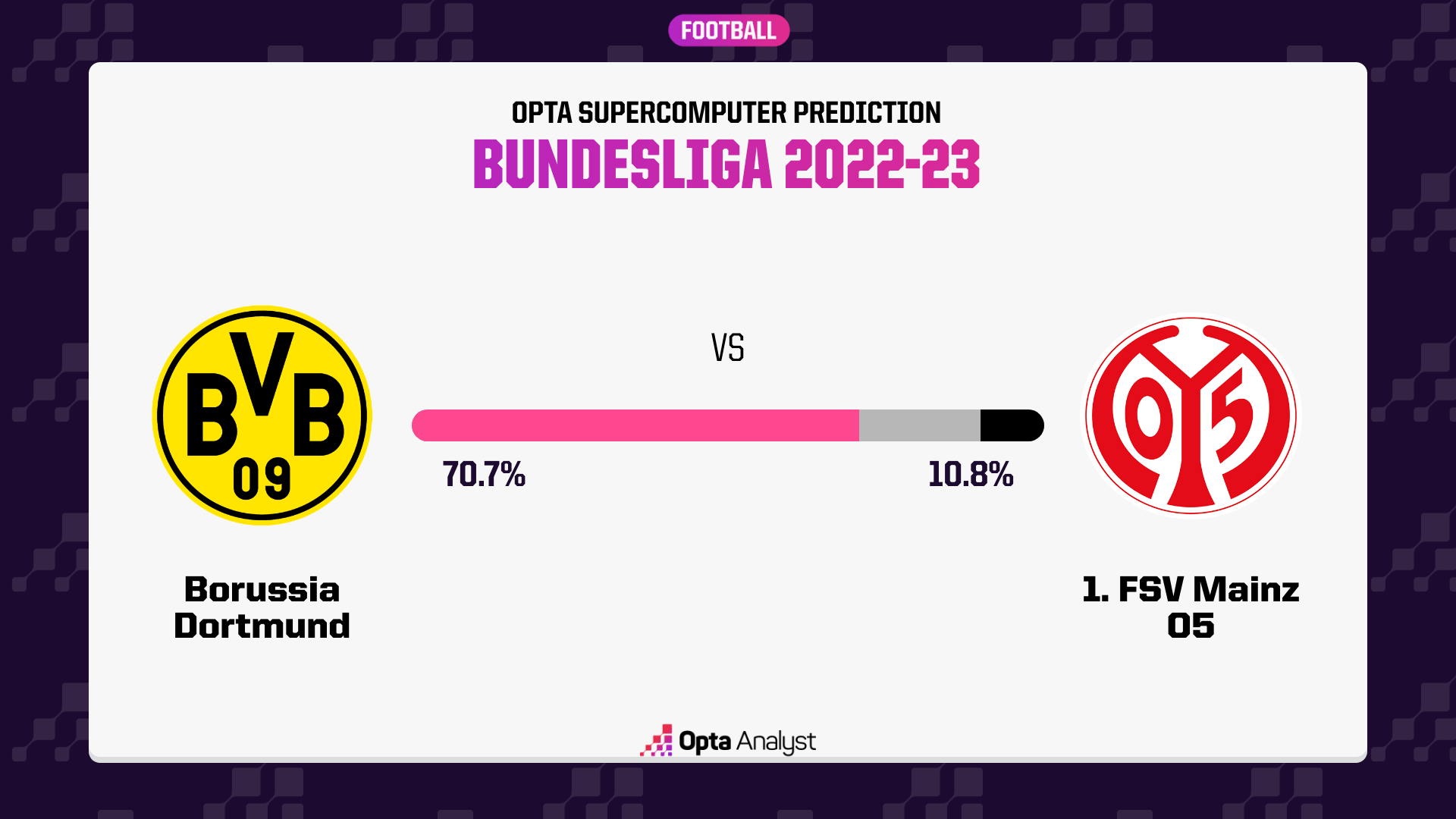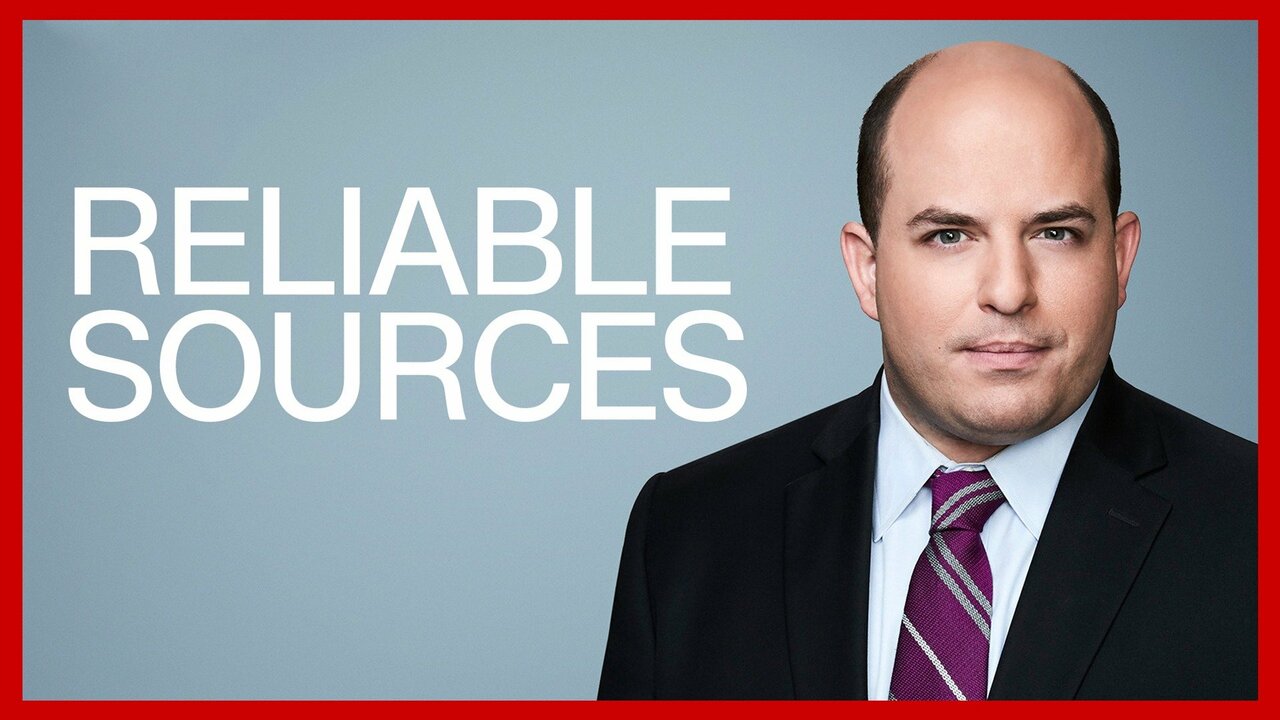FTC Vs. Meta: The Defense Begins

Table of Contents
The FTC's Allegations Against Meta
The FTC's lawsuit against Meta centers around two primary accusations: anti-competitive behavior and violations of Section 5 of the FTC Act, which prohibits unfair methods of competition and unfair or deceptive acts or practices. These allegations are supported by claims regarding Meta's acquisition of Instagram and WhatsApp.
-
Stifling Competition through Acquisitions: The FTC argues that Meta's acquisitions of Instagram and WhatsApp were not merely strategic moves but deliberate actions designed to eliminate potential competitors and solidify Meta's dominance in the social media market. The commission contends that these acquisitions prevented the emergence of innovative, competing platforms, thus harming consumers and reducing choices.
- Example: The FTC alleges that Meta’s acquisition of Instagram, a then-rising competitor, prevented the development of a viable alternative to Facebook, maintaining its monopolistic grip on the social networking market.
- Example: Similarly, the acquisition of WhatsApp, a popular messaging service, is seen as a move to prevent the emergence of a dominant messaging competitor that could challenge Meta's dominance.
-
Data Privacy Violations: A significant portion of the FTC's case focuses on Meta's data collection practices. The FTC claims that Meta's aggressive data harvesting techniques violate user privacy and provide the company with an unfair competitive advantage. This relates directly to Section 5 of the FTC Act, which prohibits unfair or deceptive acts or practices.
- Example: The FTC argues that Meta’s extensive data collection, across Facebook, Instagram, and WhatsApp, allows for unparalleled targeted advertising, creating an insurmountable barrier to entry for smaller competitors.
- Example: The FTC may cite instances of data breaches or instances where user data was used without explicit and informed consent as evidence of violation of user privacy and unfair competitive practices.
Meta's Defense Strategy
Facing these substantial allegations, Meta has initiated its defense, employing a multi-pronged strategy focusing on innovation, consumer benefits, and a counter-argument regarding the FTC's interpretation of data privacy laws.
-
Innovation and Consumer Benefits: A key element of Meta's defense is the argument that its acquisitions of Instagram and WhatsApp led to significant innovation and ultimately benefited consumers. The company will likely highlight features and improvements resulting from the integration of these platforms, emphasizing increased user choice and functionality.
- Example: Meta might argue that the integration of Instagram and Facebook features benefited users by providing a more seamless and integrated social media experience.
- Example: Meta might point to improvements in messaging capabilities, photo and video sharing, and targeted advertising capabilities resulting from the combined platforms as evidence of consumer benefits.
-
Counter-Arguments on Data Privacy: Meta is expected to challenge the FTC's interpretation of data privacy laws. The company will likely emphasize the security measures it has implemented to protect user data and argue that its data collection practices are within legal bounds and are transparent to users.
- Example: Meta may point to its investment in data security technologies and its updated privacy policies as evidence of their commitment to protecting user data.
- Example: Meta might argue that its data collection practices are clearly outlined in its terms of service and that users have the ability to control and manage their data.
The Potential Outcomes and Implications
The FTC vs. Meta lawsuit could have several significant outcomes, each with far-reaching implications for the tech industry and the broader regulatory landscape.
-
Potential Outcomes: The possible outcomes range from substantial financial penalties and changes to Meta's business practices to more drastic measures, such as the forced divestiture of Instagram or WhatsApp. The lawsuit could also establish a significant legal precedent for future antitrust cases involving large tech companies.
- Example: A ruling against Meta could result in multi-billion dollar fines.
- Example: The court might order Meta to divest itself of Instagram or WhatsApp, restoring competition in the social media market.
- Example: The ruling could set a precedent for increased scrutiny of future acquisitions in the tech sector.
-
Broader Implications: Regardless of the specific outcome, the FTC vs. Meta case will undoubtedly have significant implications for the future regulation of social media platforms and the enforcement of data privacy laws. It will likely influence future antitrust litigation and shape the regulatory environment for tech companies.
- Example: The case could lead to stricter regulations regarding data collection and the acquisition of competitors in the tech industry.
- Example: The outcome will likely impact the development of new data privacy legislation globally.
Conclusion:
The FTC vs. Meta lawsuit represents a pivotal moment in the ongoing debate surrounding the power of large tech companies and the necessity for robust data privacy regulations. Meta's defense strategy, and the court's eventual decision, will profoundly impact the social media landscape and the future of antitrust enforcement. Understanding the nuances of this case is crucial for anyone interested in data privacy, competition, and the evolution of the digital world. Stay informed about the unfolding FTC vs. Meta legal battle; follow this space for updates on this significant case impacting the future of data privacy and competition within the social media market. Understanding the implications of the FTC vs. Meta case is crucial for anyone concerned about data privacy and the future of social media.

Featured Posts
-
 The Goldbergs Recurring Jokes And Catchphrases
May 21, 2025
The Goldbergs Recurring Jokes And Catchphrases
May 21, 2025 -
 Love Monster A Guide To Understanding The Phenomenon
May 21, 2025
Love Monster A Guide To Understanding The Phenomenon
May 21, 2025 -
 Rueckkehr Nach Miami Dexter Mit John Lithgow Und Jimmy Smits
May 21, 2025
Rueckkehr Nach Miami Dexter Mit John Lithgow Und Jimmy Smits
May 21, 2025 -
 Mas Alla Del Arandano El Mejor Aliado Para Una Vida Larga Y Saludable
May 21, 2025
Mas Alla Del Arandano El Mejor Aliado Para Una Vida Larga Y Saludable
May 21, 2025 -
 Abn Amro Ziet Occasionverkoop Flink Toenemen Groeiend Autobezit Als Drijfveer
May 21, 2025
Abn Amro Ziet Occasionverkoop Flink Toenemen Groeiend Autobezit Als Drijfveer
May 21, 2025
Latest Posts
-
 Benjamin Kaellman Huuhkajien Uusi Maaliruisku
May 21, 2025
Benjamin Kaellman Huuhkajien Uusi Maaliruisku
May 21, 2025 -
 Mainz Falls To Dortmund As Beier Bags A Brace
May 21, 2025
Mainz Falls To Dortmund As Beier Bags A Brace
May 21, 2025 -
 Borussia Dortmund Defeat Mainz Thanks To Beiers Brace
May 21, 2025
Borussia Dortmund Defeat Mainz Thanks To Beiers Brace
May 21, 2025 -
 Bangladeshinfo Com A Reliable Source For Information About Bangladesh
May 21, 2025
Bangladeshinfo Com A Reliable Source For Information About Bangladesh
May 21, 2025 -
 Beiers Double Propels Borussia Dortmund Past Mainz
May 21, 2025
Beiers Double Propels Borussia Dortmund Past Mainz
May 21, 2025
